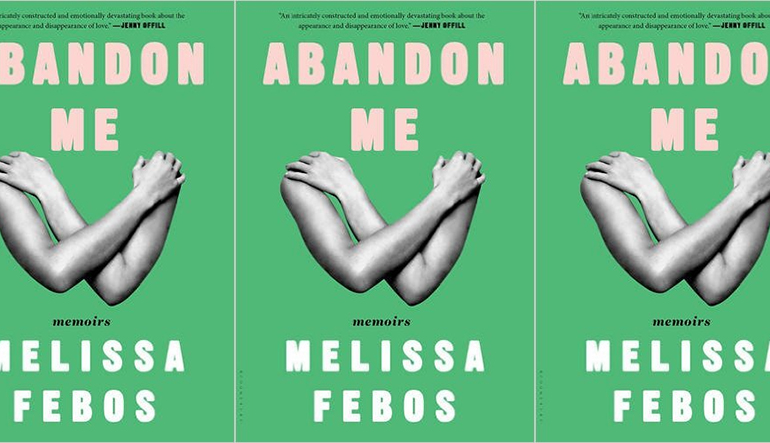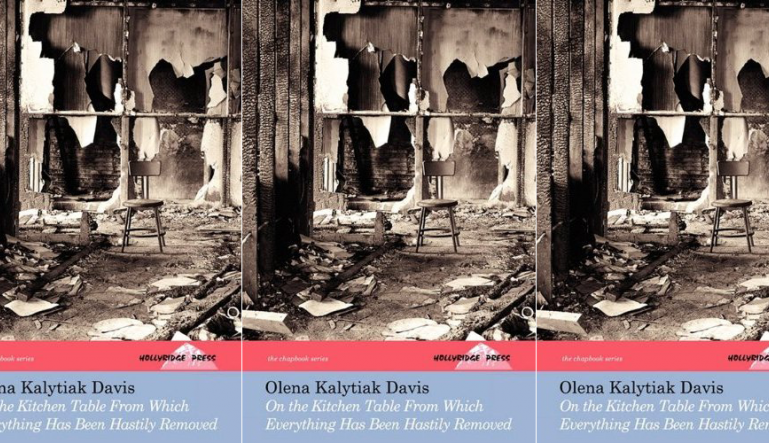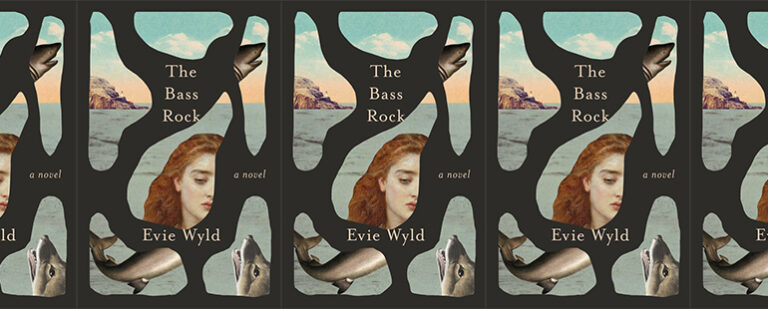Review: ABANDON ME by Melissa Febos
 Abandon Me
Abandon Me
Melissa Febos
Bloomsbury USA; February 28, 2017
316 pp; $26
Reviewed by Gila Lyons
Abandon me. The title is a straight-faced challenge. To her lover who she fears will. To two fathers who already have. To the reader who’s embarking on this story with her. Abandon me. Do the worst thing to me I can imagine. And I will save myself with story.
Melissa Febos, author of critically acclaimed memoir, Whip Smart (Macmillan, 2010), about her life as a dominatrix and an addict, and now the memoir, Abandon Me, about love, family legacy, literature, and loss, is a gorgeously lyrical and insightful writer. Abandon Me weaves together her Native American heritage from her birth father from whom she was separated shortly after birth; the life and loss of her adopted father, a sea captain whom she loses first to the ocean then to divorce; and her passionate torrid love with a married woman who becomes her beloved.
But the thread that most captivated me was a more subtle undertone that ran through all of these plots—that of the salvation she found in books and writing, the redemptive and creative power of story, and the way that, what literature gives, cannot be lost. When one writes, when one reads, abandonment becomes impossible because what one gains is oneself.
Febos writes, “I had always searched for myself in stories…That child reader wanted, as this writer does, to find my troubles on the page, and then, hopefully, to see them resolved.” That’s exactly what this book is—a recording and reckoning of love and loss and longing, evoked in gorgeous language dripping with sensuality, hope, and pain. Febos tells, “In writing, I find the tender spot and start to push, to peel, to name. Then, I send it out into the world—a pretty, throbbing thing; dulled by handling.”
She expiates her pain in this book, and readers do receive it as a pretty throbbing thing, like holding someone’s heart, and at times, in the sensual honest evocations of sex, someone’s genitals, in our hands. She’s made this for herself, but also for us. We recognize our own losses in hers and understand them better through her wisdom and insight. We feel relieved to see them so beautifully and viscerally rendered:
At their best, that is what…stories do: force logic upon the gruesome facts of our lives. They mirror our troubles and submit them to a chain of causality. The heroes of…stories suffer, but for reward—even if their happy ending is only the restoration of order.
Our favorite stories can be like lovers—giving us back ourselves in all our gorgeousness and goriness, teaching us about how deeply we can feel and love and fear. “We find ways to comfort one another, and to comfort ourselves,” Febos writes. “And comfort eases, but it does not erase. Until then, we keep reading.”
Gila Lyons’ work has appeared in Salon, Cosmopolitan, Refinery29, Vox, GOOD Magazine, BUST Magazine, The Rumpus, The Millions, The Morning News, Brevity, Tablet, Fusion, and other publications, and shared and reviewed on Reddit, The Huffington Post, Longreads, Vela, New York Magazine, and anthologized in books and collections. She holds an MFA in literary nonfiction from Columbia University, teaches college writing and literature, and is at work on a memoir about seeking a natural cure for anxiety and panic disorder but falling prey to the underbelly of the alternative health movement. Links to published work can be found at www.gilalyons.com. Follow her on Twitter @gilalyons.


